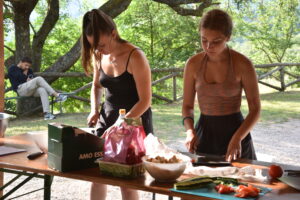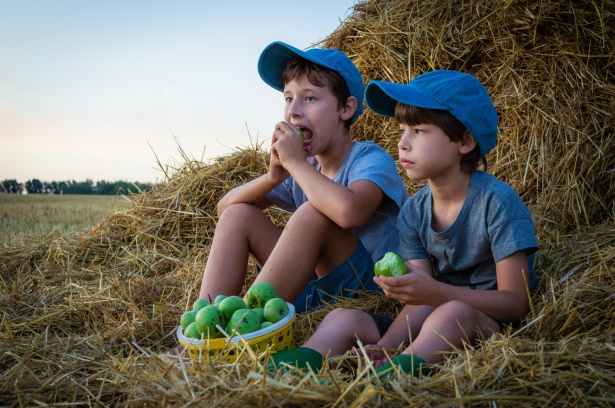The Food Literacy Project is an educational initiative that uses food and farming to promote sustainable and healthy food choices. Through a variety of programs and resources, the project engages young people in farm-based education, leadership, employment, community engagement, and civic involvement opportunities to foster personal growth and social change. The project prioritizes experiential learning, emphasizing hands-on activities that elicit joy in cultivating knowledge.
The Food Literacy Project relishes the chance to help cultivate the joy of learning by doing. The activities are all related to farm-to-school education and environmental awareness. These activities include games, experiments, and outdoor activities that teach children and adults about topics such as composting, seed dissection, food miles, food webs, gardening tips, soil quality, and the different parts of plants. The activities are designed to be engaging and interactive, encouraging participants to get up and moving while learning about sustainable agriculture and healthy eating habits. Many of the activities are available in both English and Spanish. Overall, the activities provide a fun and educational way to promote environmental stewardship and healthy eating habits.
The project is also coordinating a Field-to-Fork club. Field-to-Fork is a 6-10 week after school club leading students in grades 3-5 through a discovery of holistic wellness. The aim of this initiative is to learn about nourishing ourselves, the planet, and one another through gardening, cooking, and hands-on nutrition activities. At the end of each meeting of the club, students receive a portion of vegetables and pantry items to use at home and practice their culinary skills with their families. The final meeting is a celebration where students select their preferred recipes and prepare a community meal to share with their family members.



